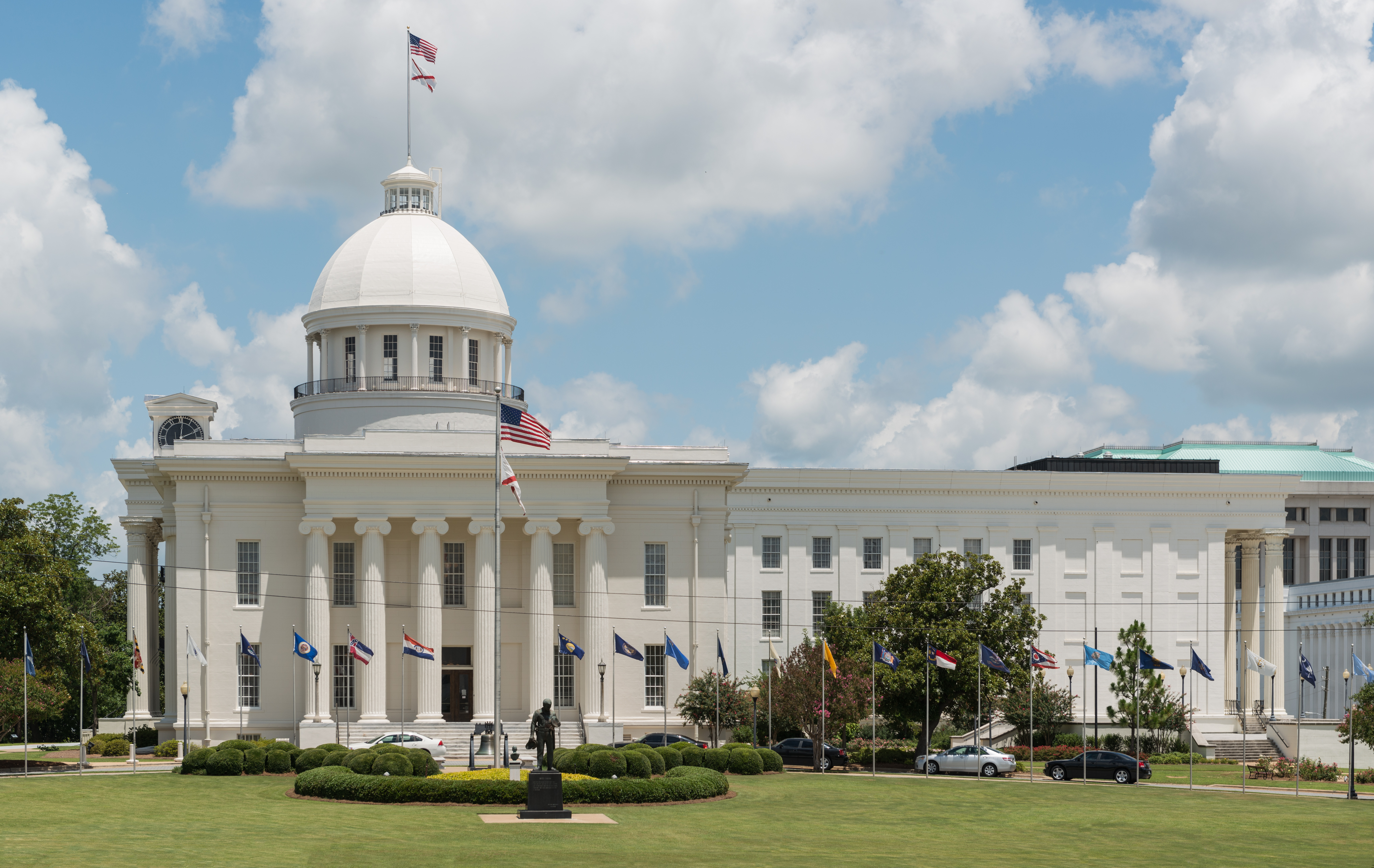

Responses and Advocacy:
ACLU of Alabama - SB129 – Anti-DEI | ACLU of Alabama (aclualabama.org)
SPLC - Alabama students and teachers fight censorship in schools (splcenter.org)
ADA -The Americans with Disabilities Act | ADA.gov
Pen America- Poets Across Lines - PEN America
Resources for students and faculty:
Black Alabamians for Education | Closing Alabama's Achievement Gap (blackal4edu.org)
LGBTQ-Resources.pdf (alabama.gov)
Alabama transgender resources – Transgender Map
Background: Senate Bill 129 prevents state agencies, local boards of education, and institutions of higher education from sponsoring diversity, equity, inclusion (DEI) programs or offices. The bill prevents staff, student, and faculty organizations from hosting DEI events and prohibits the teaching of “divisive concepts,” a term defined in the legislation under a wide-ranging and vague criterion. The bill states that no state agency, local board of education, or institution of higher education may compel students, employees, or contractors to affirm these concepts, including training, orientations, or coursework that “advocates, acts upon, or promote divisive concepts.” It also states that employees found in violation of this legislation can be disciplined or terminated.
Working Guidance for Compliance With Federal Law and Alabama Act 2024-34:
"Recent changes to state and federal laws prompted a comprehensive review of campus programs, resources and initiatives to ensure they are committed to student and employee success and comply with applicable law. It is important to note we will continue to provide resources and support to every member of our campus community, as our commitment to each individual’s success remains steadfast. Among other modifications UA is making to ensure compliance, the Division of Diversity, Equity and Inclusion will close....Our mission has not wavered, and we remain committed to our institutional goals to welcome all, serve all and see all thrive and succeed. To that end, Dr. Christine Taylor will lead the new The Division of Opportunities, Connections and Success
Details: The University of Alabama at Birmingham closed its Office of Diversity, Equity, and Inclusion and opened an Office of Access and Engagement.

Details: The University of Alabama at Huntsvile closed its Office of Diversity, Equity, and Inclusion and opened an Office of Access, Connections, and Engagement.

Details: The University of Alabama at Tuscaloosa closed its Division of Diversity, Equity, and Inclusion and opened a Division of Opportunities, Connections, and Success to focus on students who face “educational access and achievement challenges.”

Details: The University of South Alabama closed its DEI office and eliminated two staff positions related to DEI.

Details: Jacksonville State University eliminated its Office of Diversity and Inclusion.

Details: Auburn University closed its Office of Inclusion and Diversity, and relocated the office’s staff to other positions.

The following items are all involved in the term of a "divisive concept," according to the new law.
These are the concepts that institutions, students and staff are not allowed to promote, endorse or affirm:
The law states that this is not able to be enforced in order to violate a person's First Amendment rights or to undermine academic freedom or freedom of expression.
This law will effectively bar transgender students at public universities from using public bathrooms that align with their gender identities.
School boards and universities will not be able to have staff or an office specifically hired to promote DEI.
The law also empowers state agencies, which includes boards of education and public universities, to “discipline or terminate the employment of any employee or contractor who knowingly violates this act.”
The law goes into effect on Oct. 1.
The measure is part of a wave of proposals from Republican lawmakers across the country taking aim at diversity, equity and inclusion programs on college campuses.
Republicans say the programs deepen divisions and promote a particular political viewpoint. But opponents say it is a rollback of hard-won advances and programs that welcome underrepresented student populations.